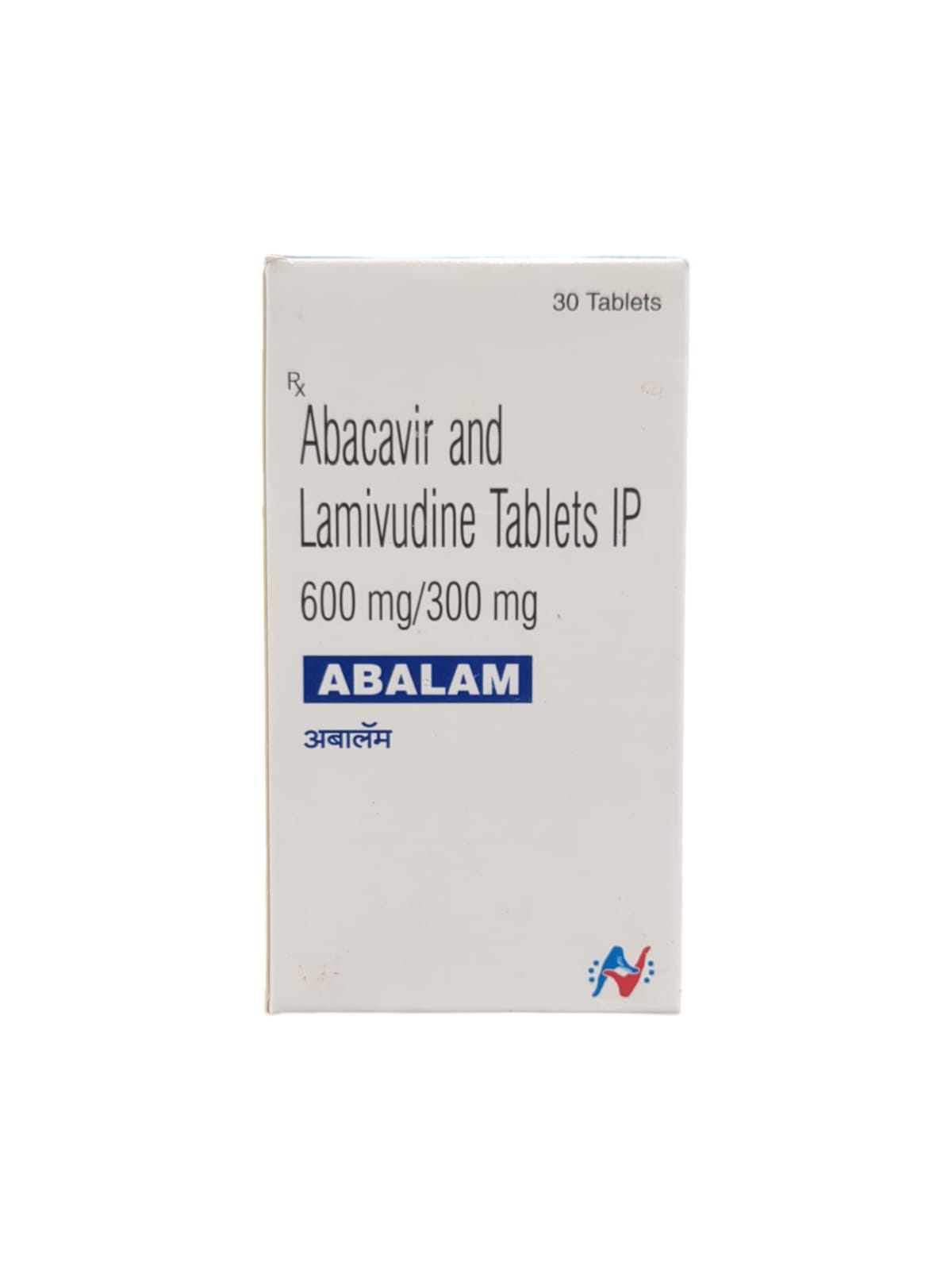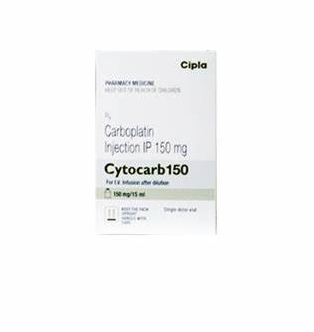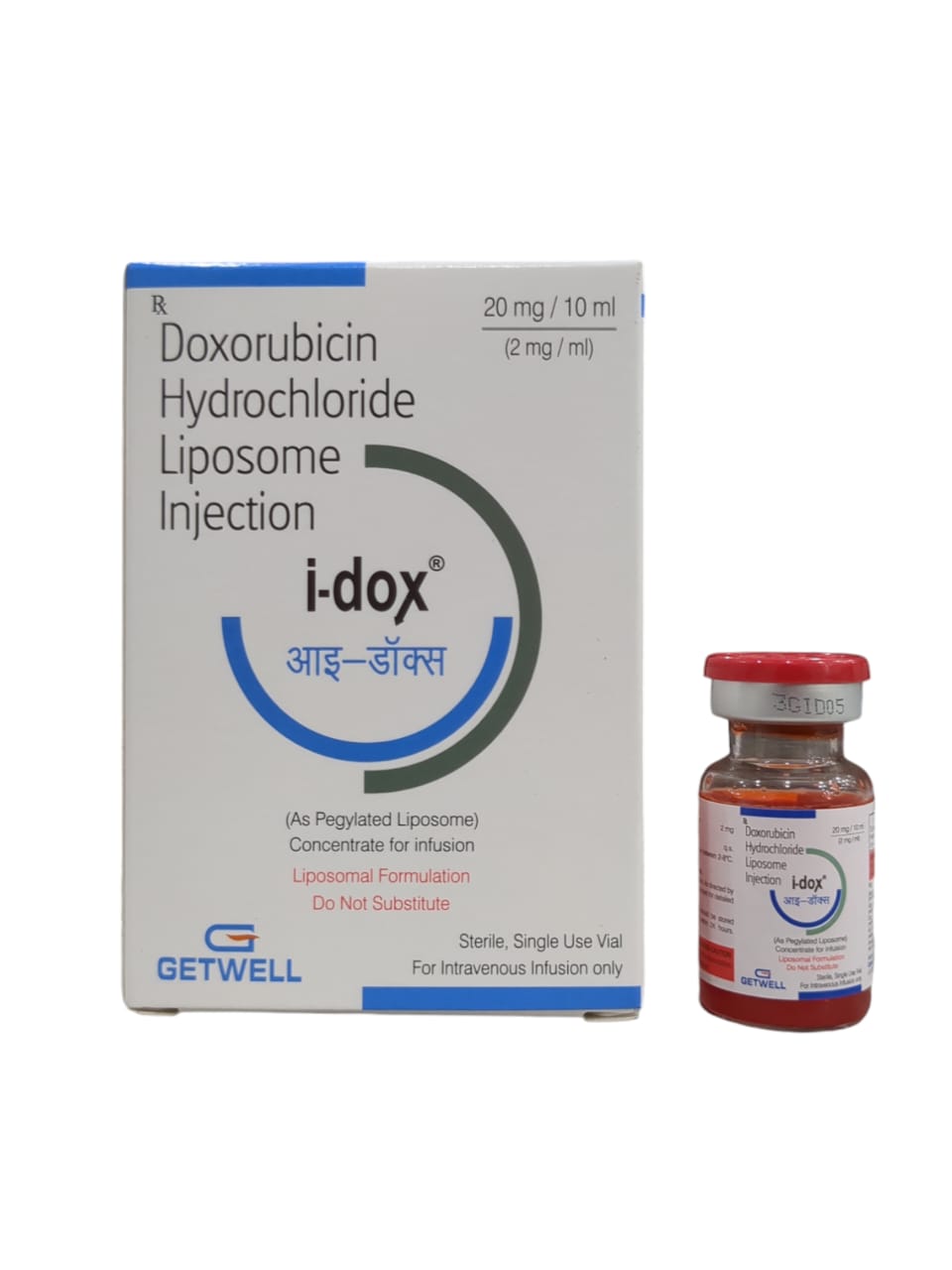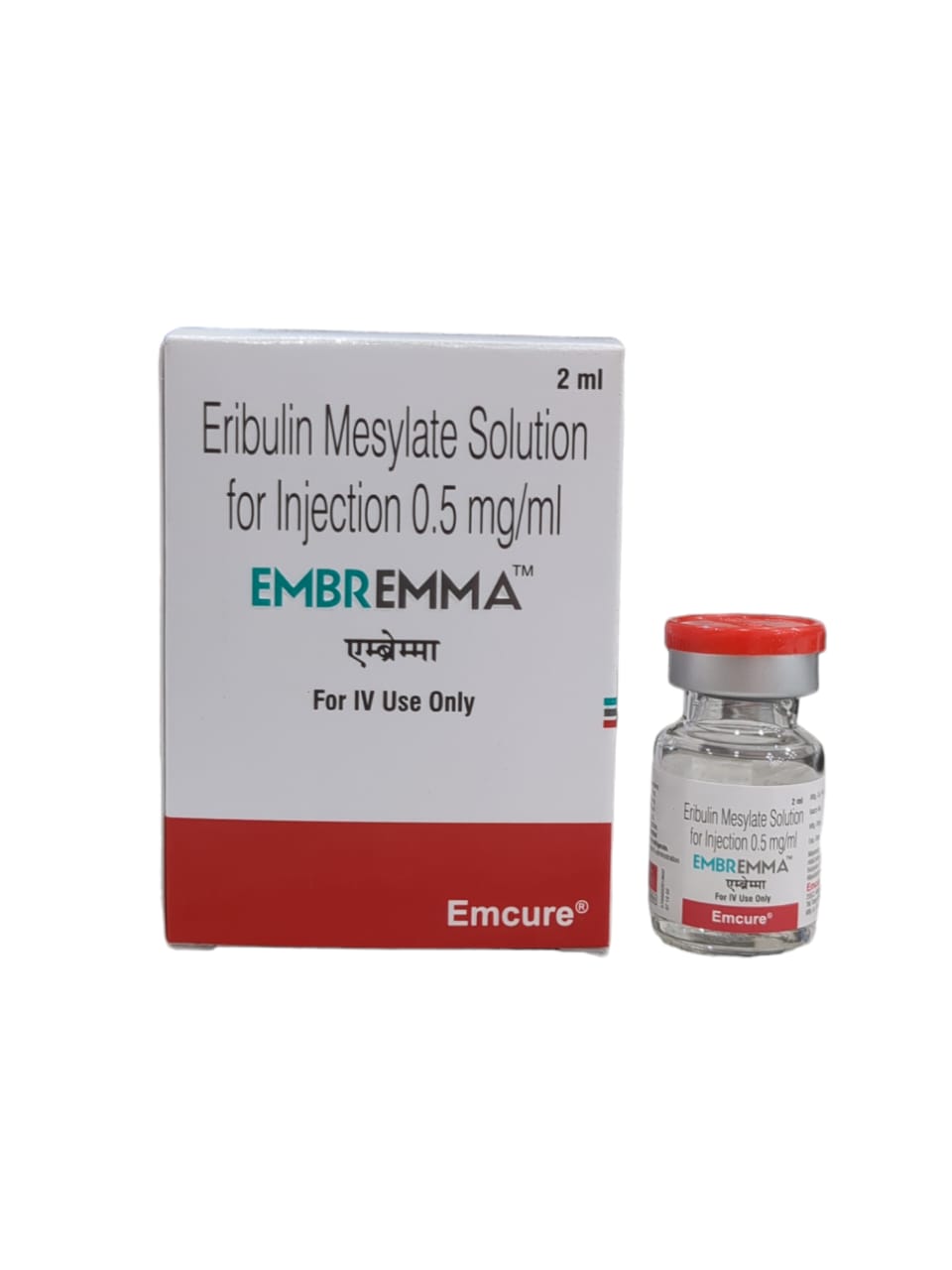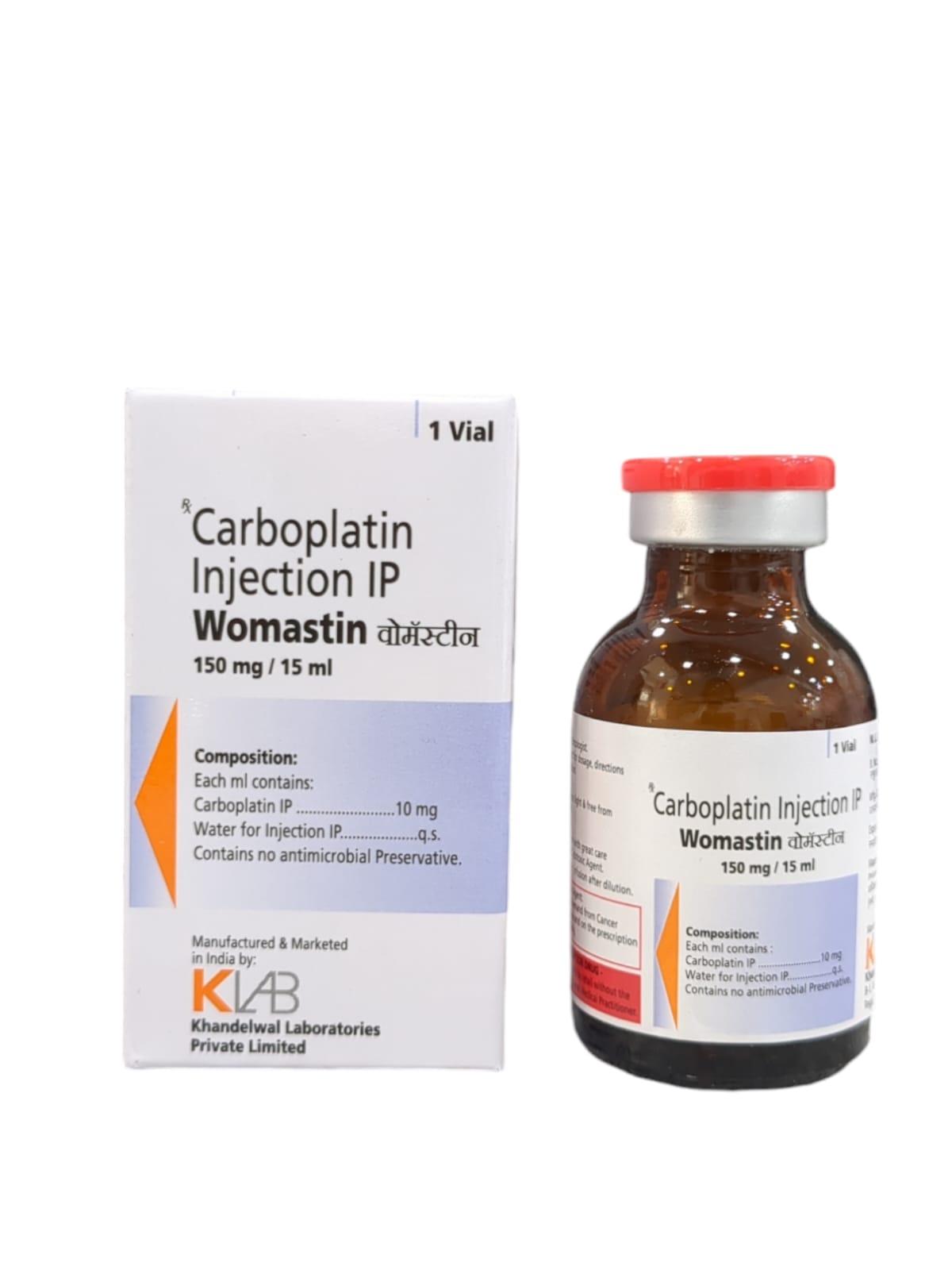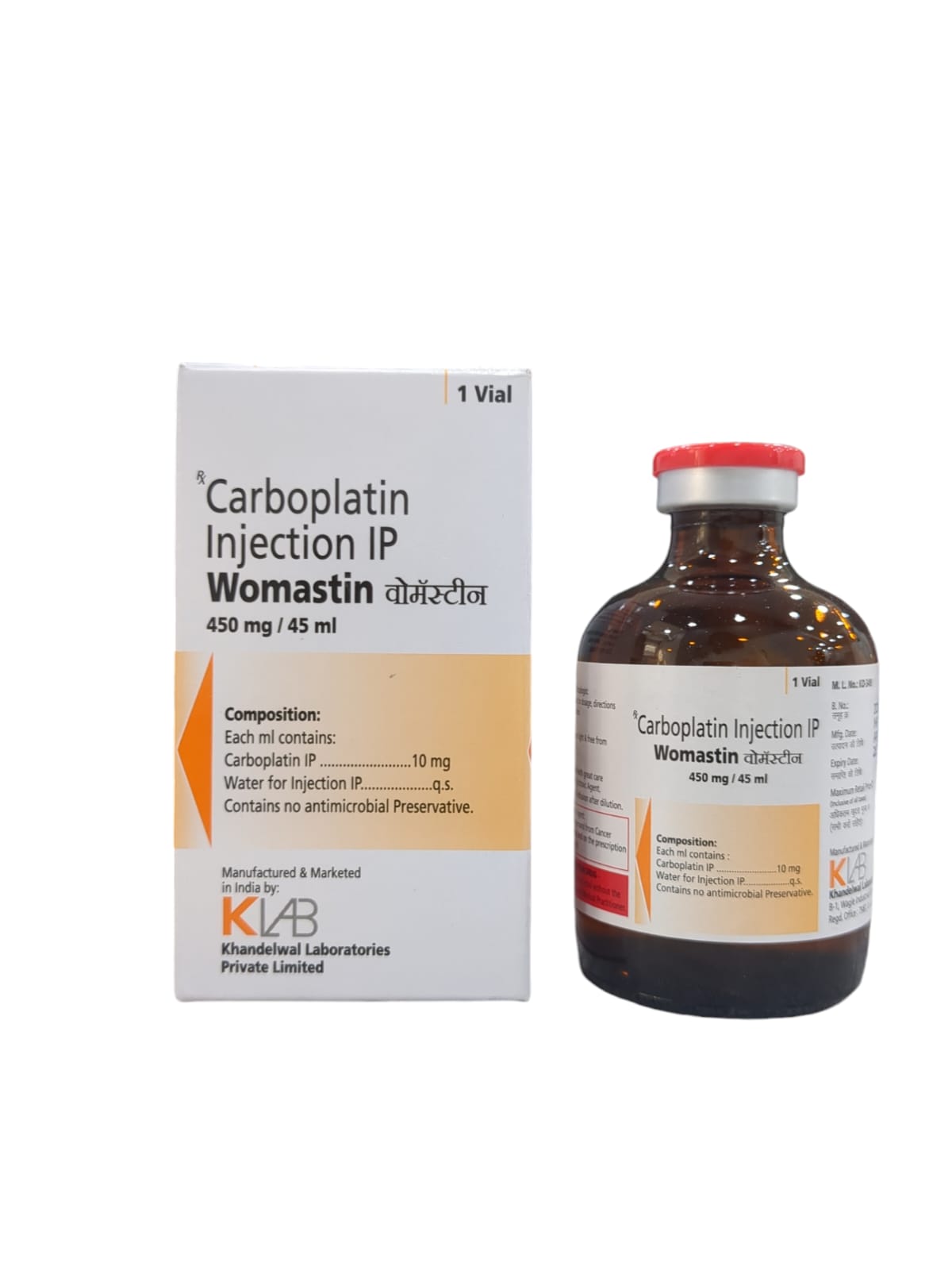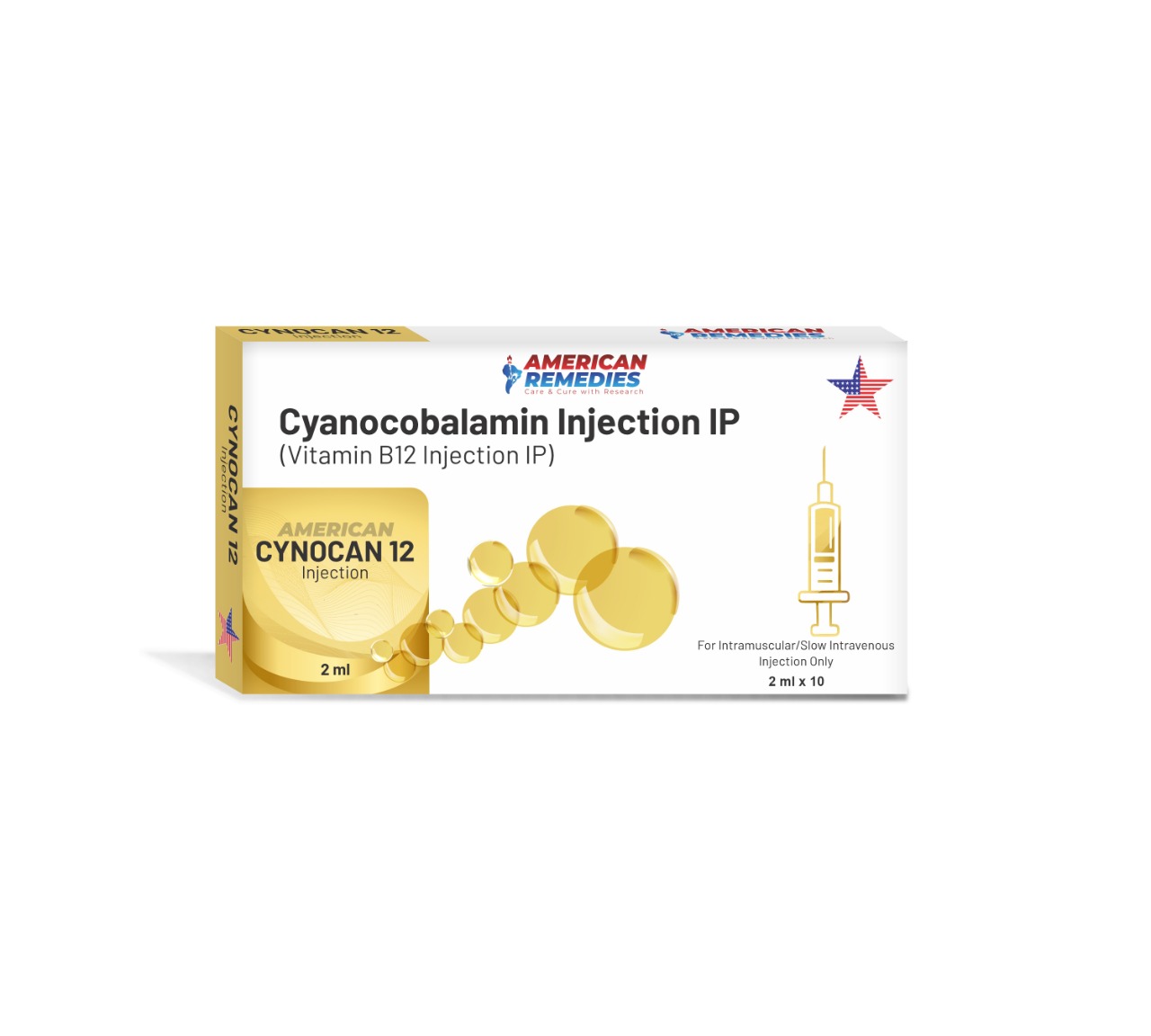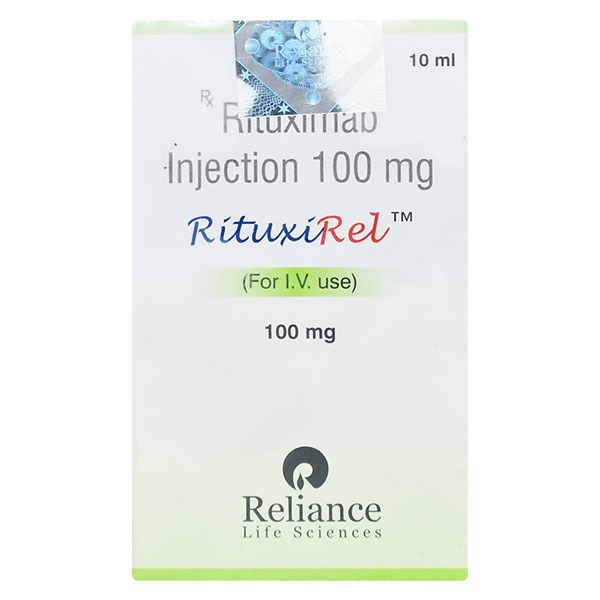INTRODUCTION ABALAM 600/300 is a combination of Abacavir and Lamivudine which belongs to the group of medicines called Anti-viral agents. It is used in the management of HIV infection in adults, adolescents and in children (weighing above 25 kgs). HIV (human immunodeficiency virus) infection is a viral infection that damages our immune system and weakens our body’s ability to fight against various infections. Both abacavir and lamivudine are nucleoside reverse transcriptase inhibitors. They work by blocking the actions of certain viral enzymes (HIV-reverse transcriptase) that is required for the viral cell to grow and multiply. This prevents further multiplication of viral cells within the body. Also, they can improve immunity in the affected patients by increasing the number of certain types of white blood cells (CD4) in the body which is required to fight against various infections. ABALAM 600/300 cannot not manage HIV infection completely. It can reduce only the number of viral cells present in the body and maintains them at a lower level. During management with ABALAM 600/300 your doctor will closely monitor your body weight, blood cholesterol levels and blood sugar levels to reduce the risk of unwanted side effects. Do not take ABALAM 600/300 if you are allergic to abacavir or lamivudine. Before taking ABALAM 600/300 inform your doctor if you have diabetes or any liver (hepatitis C or B infection), kidney or heart problems. If you are already taking ABALAM 600/300 to manage hepatitis B or C infection, do not stop taking it without consulting your doctor. Even if you take ABALAM 600/300, it is important for you to follow certain measures to prevent the spread of infections to the other people (such as avoid having unprotected sexual intercourse or sharing needles or personal items like toothbrush, razors etc with other people). ABALAM 600/300 is not recommended for use in pregnant or breastfeeding women. The most common side effects of taking ABALAM 600/300 are difficulty in sleeping, increased signs of infections, nausea, stomach pain, headache, or dizziness. Consult your doctor if any of these side effects worsens. Also inform your doctor immediately if you experience severe fever with extreme tiredness, sudden changes in body weight or severe stomach pain along with dark urine after taking ABALAM 600/300. USES OF ABALAM 600/300 Manages HIV infection in adults, adolescents and in children (weighing above 25 kgs) HOW ABALAM 600/300 WORKS ABALAM 600/300 is an anti-retroviral medicine. It controls the multiplication of viral cell within the body, by blocking the actions of certain viral enzymes (HIV-reverse transcriptase) that is required for the viral cell to grow and multiply. It can also improve immunity in the affected patients by increasing the number of certain types of white blood cells (CD4) in the body which is required to fight against various infections. DIRECTIONS FOR USE Take ABALAM 600/300 as directed by your physician. Swallow the medicine with a glass of water. Do not crush or chew the medicine. ABALAM 600/300 can be taken with or without meals. Your doctor will decide the correct dose and for how long ABALAM 600/300 must be taken depending upon your age, body weight and severity of the infection. Do not stop taking ABALAM 600/300 without consulting your doctor as it may reduce its effectiveness. SIDE EFFECTS OF ABALAM 600/300 COMMON difficulty in sleeping feeling depressed headache, tiredness, dizziness nausea, diarrhoea fever, skin rash stomach pain loss of appetite irritated or runny nose hair loss UNCOMMON decrease in RBC, WBC, and platelets RARE Stop taking ABALAM 600/300 and contact your doctor immediately if you experience any of the following side effects: signs of allergic reactions (such as skin rash, fever, accompanied with sore throat, cough, nausea, vomiting, stomach pain, diarrhea, tiredness, joint pain, muscle pain, swelling of the neck, difficulty in breathing, mouth ulcers, occasional headaches, inflammation of the eye, low blood pressure, sense of tingling or numbness of hands or feet) pure red cell aplasia (failure of bone marrow to produce new red blood cells) signs of infections (such as fever, headache, stomach-ache, breathing difficulty) signs of auto-immune disorders (such as rapid or irregular heartbeat, tremor, hyperactivity, general weakness) signs of osteonecrosis (death of bone cells causing joint stiffness, pain in the hip, knee or shoulder and difficulty in moving) signs of liver problems (such as yellowing of the skin and whites of the eye, dark urine, light-coloured stools, loss of appetite, nausea, pain, tenderness on the right side of stomach) heart attack changes in body fat (such as increase fat in the shoulder and neck (buffalo hump), breast, and in the middle body or fat loss from the legs, arms, or face)
Send Message